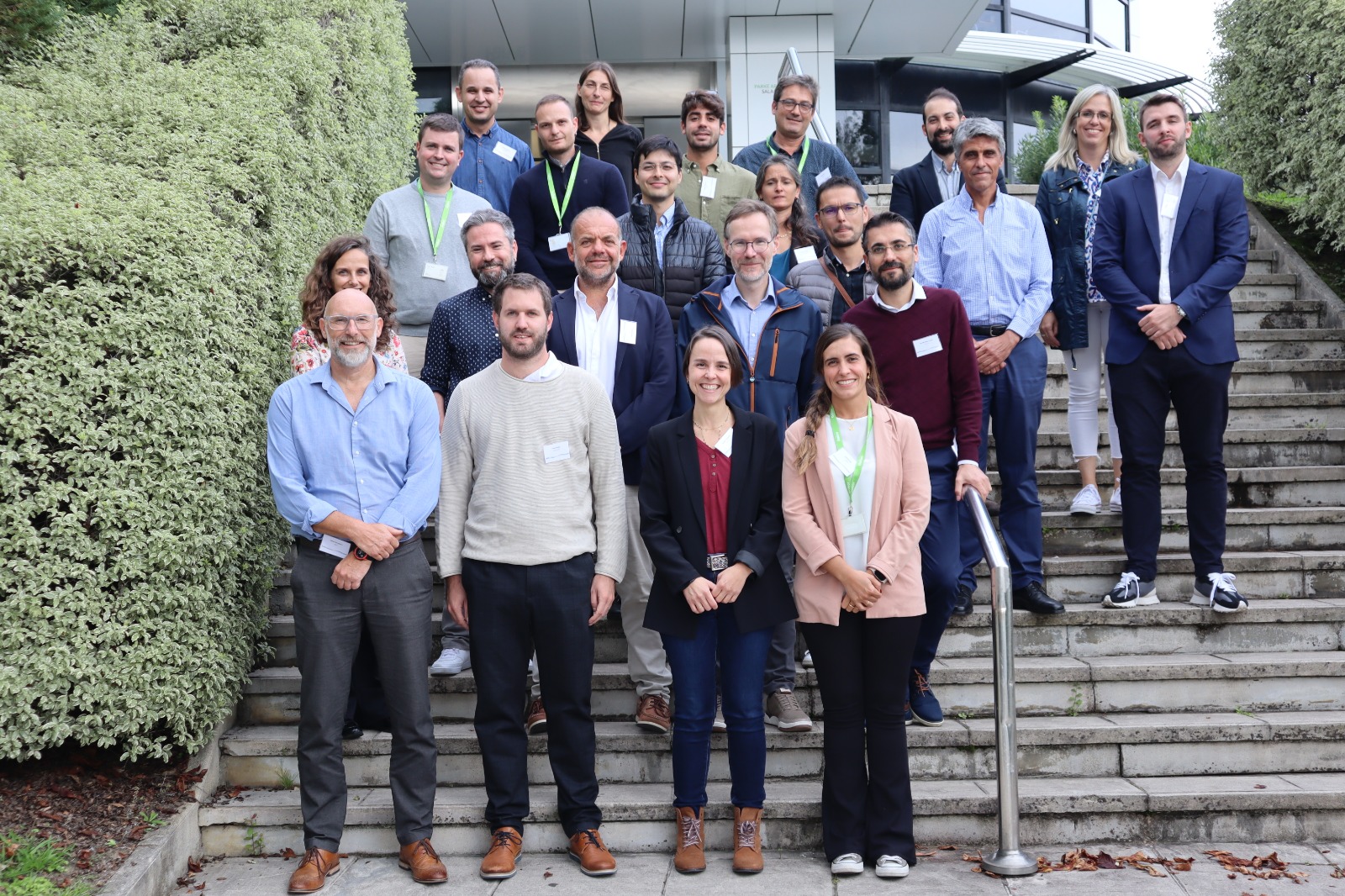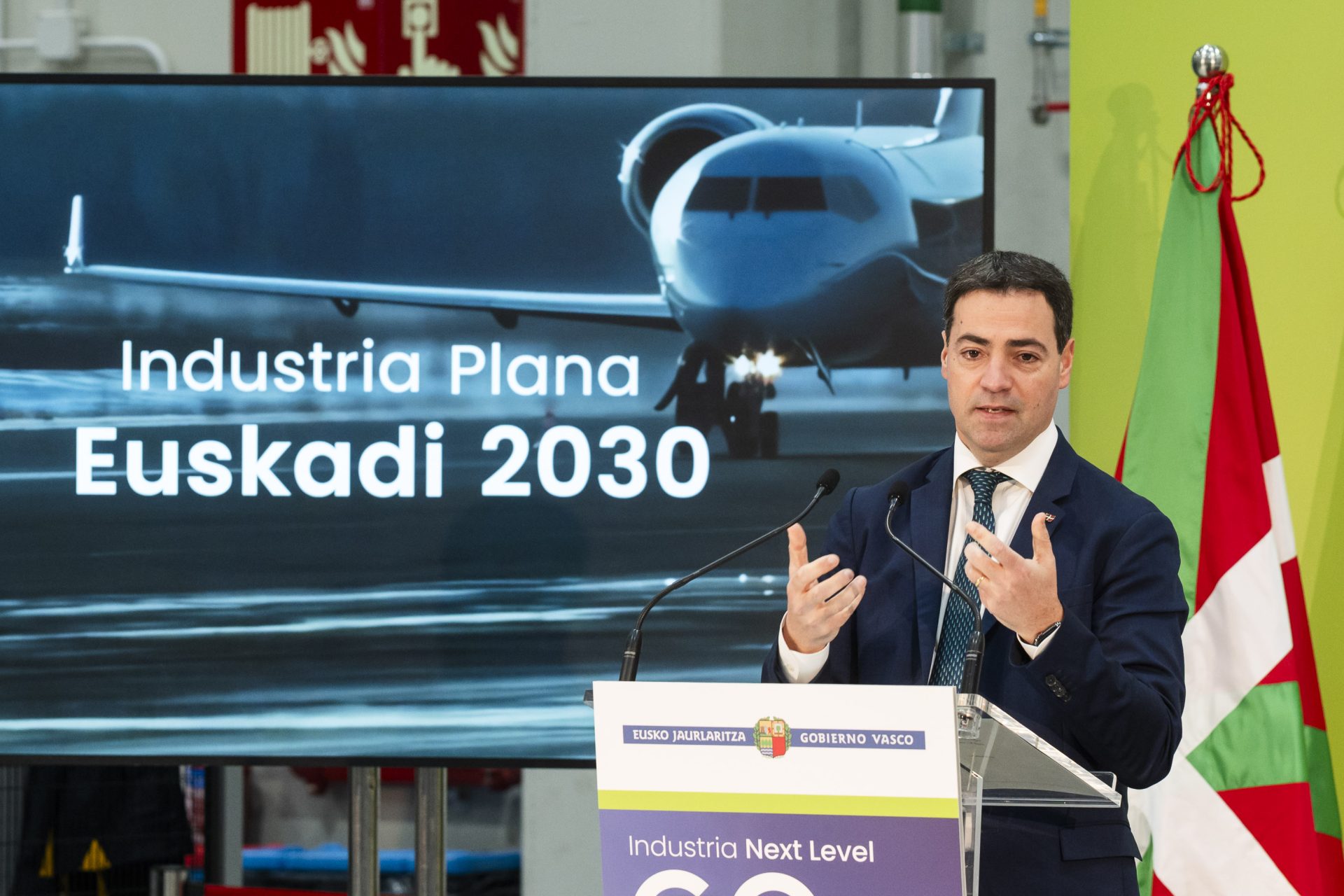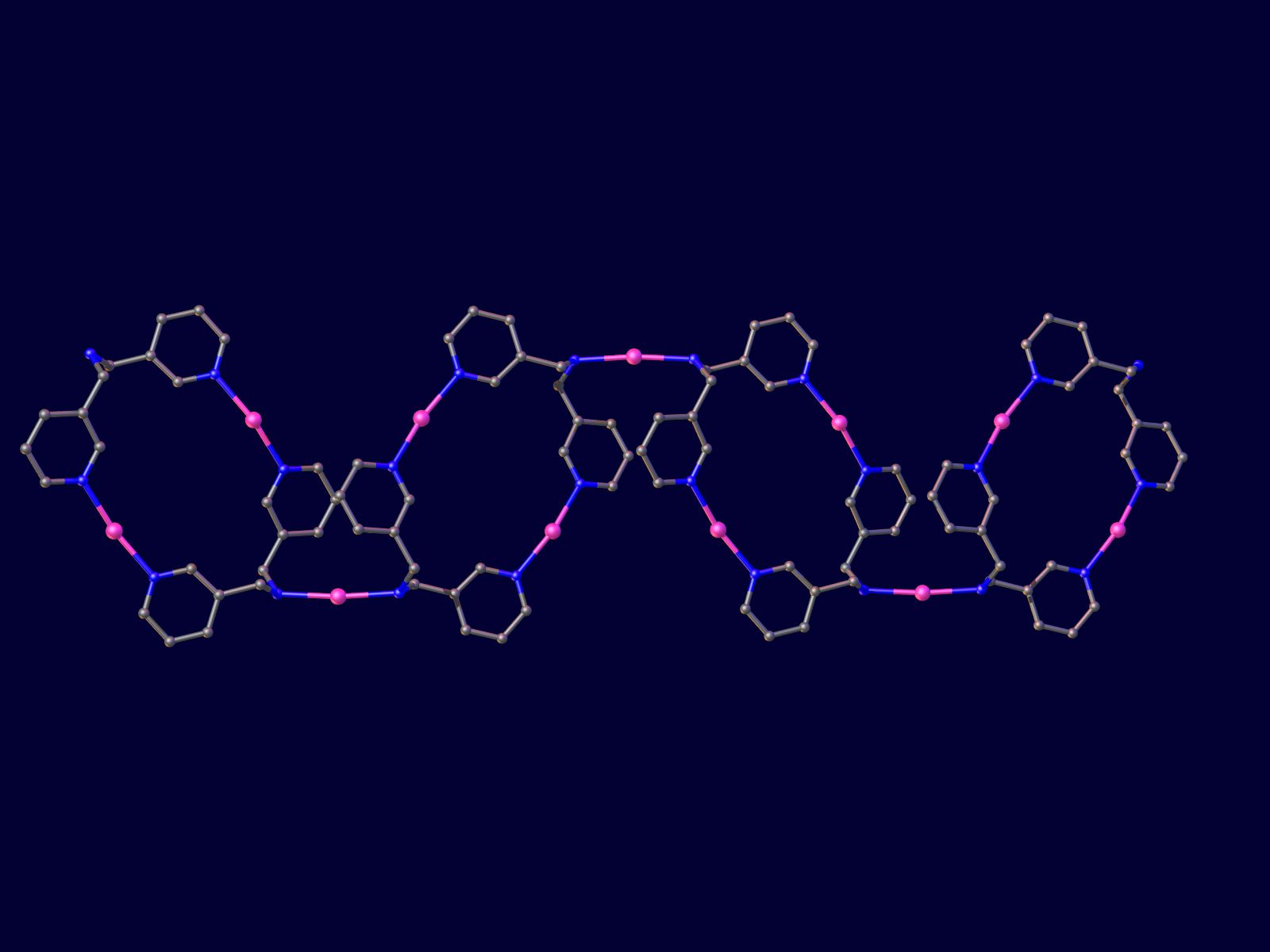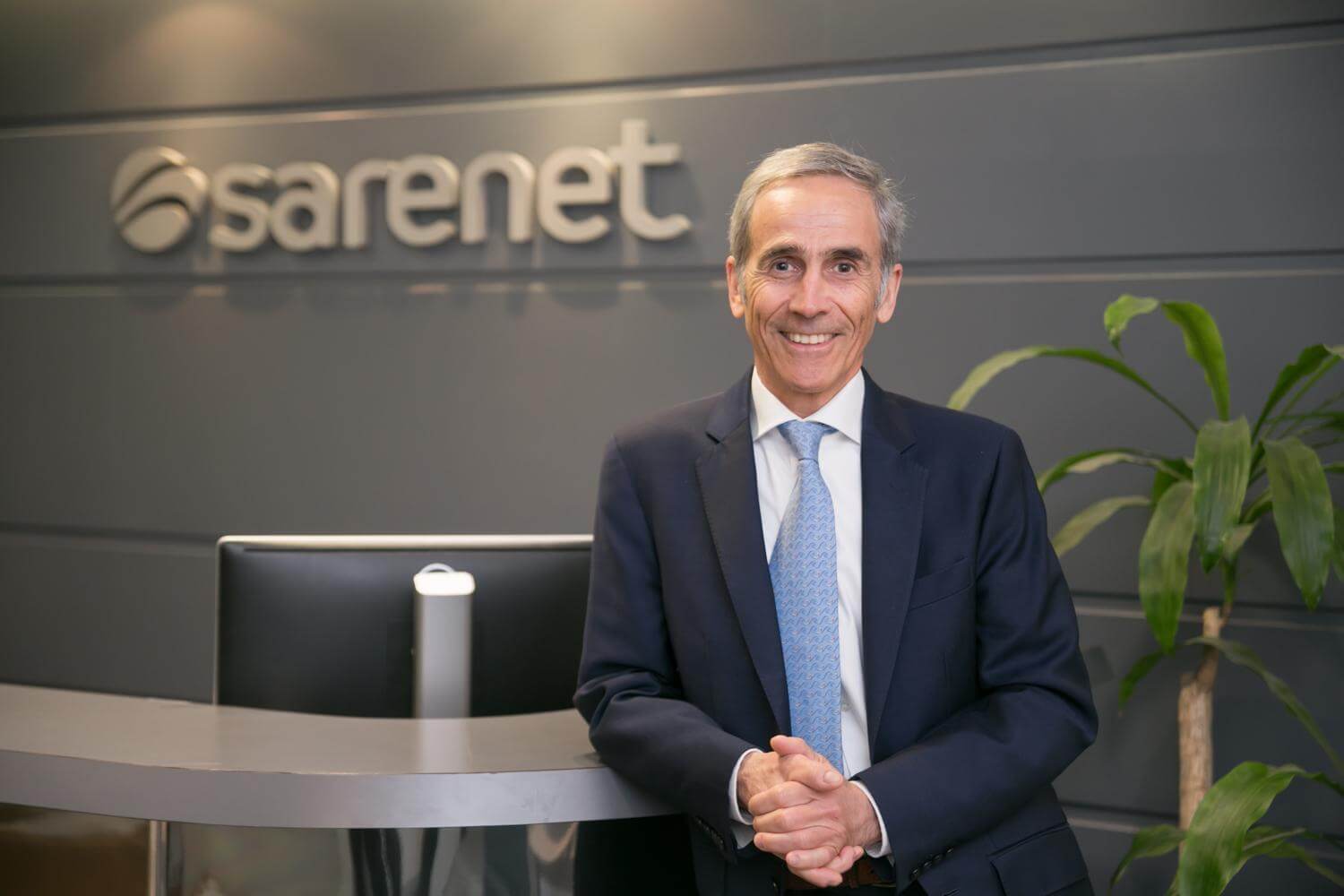The European ECORES WIND project, led by GAIKER, has started

ECORES WIND aims to revolutionise the wind energy sector by developing new sustainable resin systems designed for wind turbine structures.
The launch meeting of ECORES WIND, an ambitious European project that aims to contribute to the development of sustainable and environmentally friendly practices in the wind energy industry by providing a viable alternative to conventional resin systems, was held on 18 and 19 September. The initiative is led by GAIKER, a member of the Basque Research & Technology Alliance, BRTA, which is a private non-profit organisation with 39 years of experience dedicated to research and to offering innovative technological solutions to companies in various sectors.
In addition to leading the project, GAIKER will work on the characterisation of the new materials that are developed, as well as on the manufacturing processes. The Centre will also be in charge of scaling up the recycling processes of the new resins developed in the process.
ECORES WIND: overview, consortium and collaboration
ECORES WIND, funded by the European Union under the Horizon Europe research and innovation framework programme, aims to transform the wind energy sector by developing new circular resin systems. Lasting 42 months, this research will focus on improving the circularity of wind turbine components, especially blades, to minimise the environmental footprint during their life cycle.
The aim is to address the environmental challenges faced by conventional resin systems in a rapidly evolving wind industry. This will be done by developing alternatives that promote recyclability, extend service life and improve efficient decommissioning processes. ECORES WIND aims to incorporate innovative circular resins together with advanced dismantling strategies that enable cost-effective dismantling and reuse of materials.
This GAIKER-led project has a consortium of 13 partners from all over Europe, including leading research centres, universities and other stakeholders in the sector. This diversity of partner expertise will ensure a comprehensive approach to addressing the project’s objectives.
The challenge to be addressed: the need to make wind power generation circular
ECORES WIND aims to take important steps in the wind sector by advancing the development of sustainable materials and processes. Wind energy is central to the European Union’s ability to decarbonise and promote a clean, resource-efficient and carbon-neutral future. However, the infrastructure currently used to generate clean electricity is, paradoxically, a source of pollution. While Europe is the largest market for wind power generation and the world leader in offshore wind, the sector is expected to grow by 6.5% on average by 2030. Wind power capacity is expected to grow by more than 70% from 2019 to 2023. From 2024 to 2028, global wind power capacity is expected to continue to grow at high speed. The Global Wind Energy Council (GWEC) has increased its growth forecast for 2024-2030 by 10 %.
Wind farms have a limited lifetime. The oldest ones are typically around 15-25 years and as they age, finding an end-of-life solution is paramount. Currently, many of Europe’s wind farms are approaching the end of their useful life.
Strategies to address the replacement or promotion of wind farms are complex, as legislative frameworks do not yet exist. Most rotor blades are made of composite materials, such as glass and carbon fibres and thermosetting resins, which have an average lifetime of 25 years and pose serious recycling problems.
Specific objectives of ECORES WIND
The main objectives and innovations of ECORES WIND include the development of circular resin systems that improve the recyclability and sustainability of wind turbine blades, and the incorporation of advanced disassembly strategies to ensure that blades can be dismantled and their materials reused efficiently. The implementation of the project is developed in close collaboration with technology centres, universities, SMEs and other stakeholders that will complete the supply chain. This collaboration is essential to ensure that the proposed solution is adapted to the industry. In addition, the initiative includes an environmental impact assessment of the proposed solutions: the benefits of the developed resin systems will be evaluated and compared with existing materials to establish benchmarks to improve sustainability in the wind energy sector.




